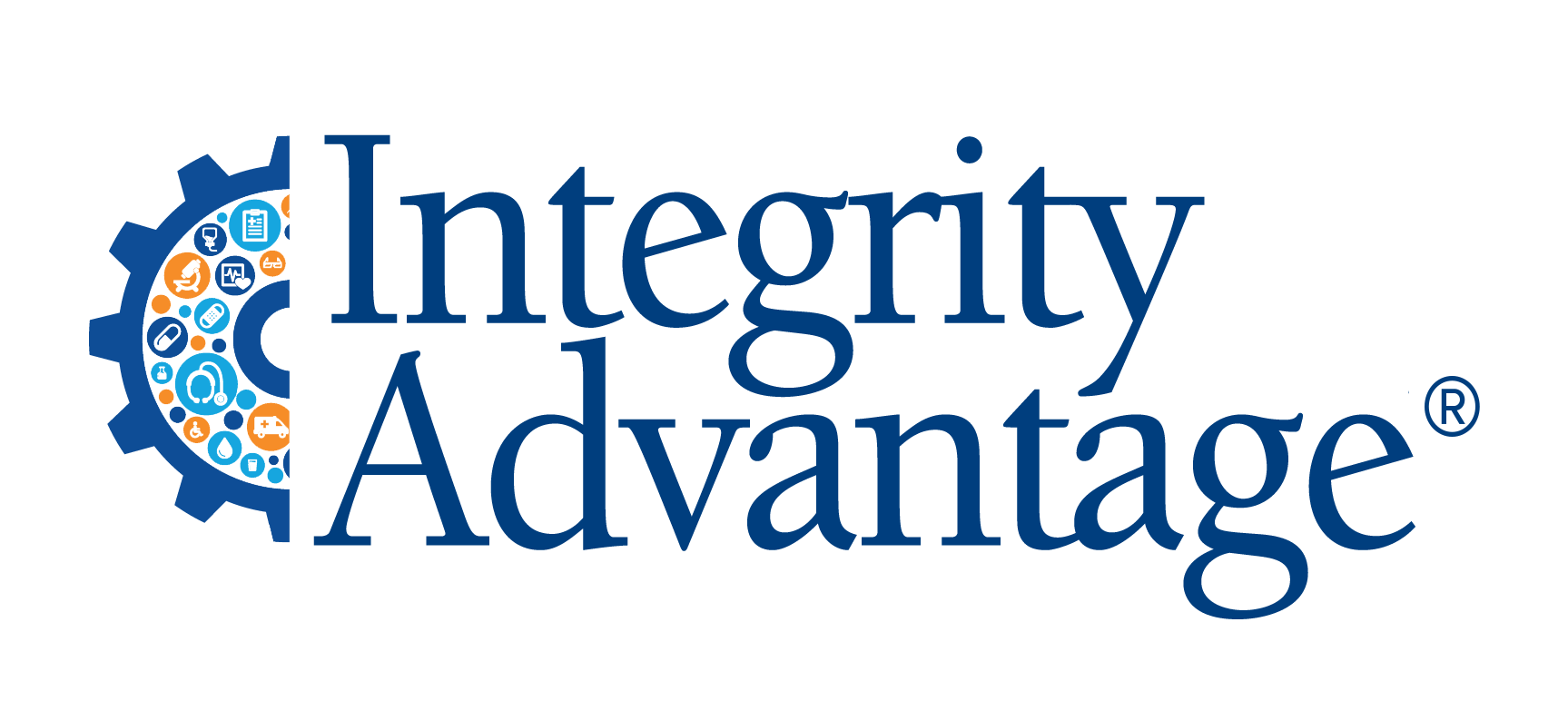Case Study: Medicaid Home Health Services
Integrity Advantage’s expert medical reviewers tackled a recent case related to home health services. Read our latest article related to attendant care services, unskilled respite care services, and personal care services.
A Case Study: Medicaid Home Health Services
Integrity Advantage was hired to perform several Home Health reviews for a state Medicaid agency. Data analysis for the providers indicated unusual billing as the providers appeared to round units to the nearest half-hour and bill only an even number of units. Consequently, further investigation was warranted, and medical records were requested for various home health care services (HHCS) to include Personal Care services (PCS) and respite care (RSP) services. These records were reviewed against required Medicaid guidelines to determine if services billed were supported in the documentation.
Codes Involved:
S5125: Attendant care services; per 15 minutes. Attendant care services provide help with the activities of daily living to a patient with a physical disability, for example, help with eating, bathing, dressing, toilet and bathroom needs, and taking medications that are self-administered.
S5150: Unskilled respite care, not hospice; per 15 minutes. Respite care is intended to help the patient remain living in a home environment by relieving the patient's unpaid caregiver. Typically, the "home environment" includes the home of a friend, foster home, or a licensed group home, but not a nursing home, hospital, or adult day care setting. Respite care does not refer to care provided by the patient's parent, spouse, or unpaid primary care giver. Use these codes to report respite care as a time increment or a per diem.
T1019: Personal care services, per 15 minutes, not for an inpatient or resident of a hospital, nursing facility, ICF/MR or IMD, part of the individualized plan of treatment (code may not be used to identify services provided by home health aide or certified nurse assistant) Personal care services are paraprofessional aide services not directly linked to medical or skilled nursing care. Such services may include activities of daily living, such bathing, shopping, and dressing, as part of an individualized plan of treatment. These codes are not reported when a patient has been institutionalized in a hospital, nursing facility, or intermediate care facility, or is receiving formal home health services.
Issues (Based on State Medicaid Guidelines):
Electronic Visit Verification (EVV) 1 - “A technological solution used to electronically verify whether personal care providers and, later, home health providers delivered or rendered services as billed.”
EVV times supported attendants had overlapping login times across members.
EVV times captured were not consistent with manual timesheets. Beginning and ending scheduled/calendar times encompassed multiple hours of work while the EVV time reflected mere minutes or the same minute for multiple tasks.
EVV reporting documented 12 hours or greater of time accounting for an overnight shift. While manual timesheet shows no tasks were performed during overnight hours.
Service log documenting task performed
Service log documentation (timesheets) did not always match the service plan. Task difficulty level and patient condition are required elements and were not documented on many of the logs.
Some service logs with multiple task sections neglected to identify tasks worked in all sections.
In some cases, the documented time of the task fell outside the scheduled/calendar time given.
Person-Centered Service Plan (PCSP) 2
Service plan was not signed off by an allowed practitioner.
Service plan did not indicate the amount of time allotted for attendant care.
Some state requirements that were not met were:
The start date on the PCSP was greater than 1 year from the date of service.
The provider of services was listed as the immediate relative of the member on the service plan. The state did not allow this.
Documentation errors
The dating function for the signature did not include the calendar year, only the month and day.
Missing signatures or some of the client’s signatures do not match that on the signature log.
Signature on some service logs were dated months after the service.
Some service logs include duplication of services on the same day in different task sections.
References:
1: https://www.medicaid.gov/medicaid/downloads/evv-enhance-quality.pdf
2: https://www.cms.gov/Regulations-and-Guidance/Guidance/Manuals/Downloads/bp102c07.pdf
Results:
Based on our review, none of the services met the requirements set by the state resulting in denials of these claims.
There are many aspects to reviewing home health claims and different states may require different documentation to support services. It's important to thoroughly research and understand the requirements for your particular state before your engage in a review to determine whether criteria are met. In addition, it is recommended that you leverage certified coders and nurses who are skilled in the review of these services.
Should you need support in identifying and reviewing allegations related to home health FWA, we can help. With more than 30 years of experience supporting payers, Integrity Advantage provides healthcare fraud, waste and abuse consulting, outsourced investigations and medical record reviews for Program Integrity Teams and SIUs.
Integrity Advantage is the way healthcare payers reimagine the value of their fraud, waste and abuse program. We provide FWA services to payers around the country.
If you need a program assessment, program growth strategy, investigations, medical reviews or training support -- reach out today.
We are a certified Women’s Business Enterprise (WBE) and an Economically Disadvantaged Woman Owned Small Business (EDWOSB).
For more information click below, call us at 866-644-7799 or email info@integrityadvantage.com.

